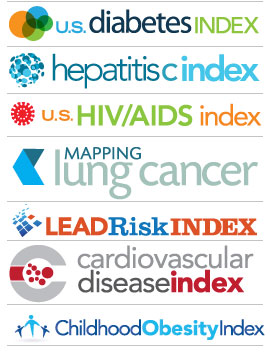Congress has say in rehab care access
Medicare News Wednesday, December 14th, 2011Physical rehabilitation has been in the spotlight lately. Recent news stories about U.S. Rep. Gabby Giffords’ ongoing recovery from a gunshot wound focused on her continuing medical rehabilitation care. Journalist Bob Woodruff and his wife, Lee, continue to laud rehabilitation for advancing his recovery from a severe injury caused by a roadside bomb in Iraq.
Today, the spotlight needs to move to everyday people — like your mother, your uncle, your elderly neighbor — who may not have access to rehabilitation care in the future if they suffer a stroke, a brain injury or a simple broken bone. As part of the deficit reduction discussion, Congress is proposing cuts that would reduce patient access to quality, medically necessary, inpatient rehabilitation care, which in turn could potentially reduce the number of rehabilitation providers in this country.
Medical rehabilitation is the physical, occupational and speech therapy that a patient may receive after being in an acute-care hospital. Rehabilitation also includes specialized care provided by physical medicine and rehabilitation physicians and certified rehabilitation nurses.
The physical rehabilitation provided at post-acute care organizations, such as Good Shepherd Rehabilitation Network, helps patients who have strokes, brain injuries, spinal cord injuries, joint replacements, broken bones and other injuries. Rehabilitation can improve the quality of life for patients with multiple sclerosis or other neurological conditions.
Rehabilitation for traumatic accidents and severe illness typically takes weeks or months, but the hard work is worth it for the patients, their families and the health care system in general. Rehabilitation improves patient outcomes by improving functional skills and restoring independence. Rehabilitation also reduces health care costs by maximizing patient health and preventing subsequent medical complications and hospital readmissions. In many cases, rehabilitation is the difference between returning to a productive life — whether it is work, school or home — or becoming dependent on relatives or institutions, such as nursing homes, for care. Read More


